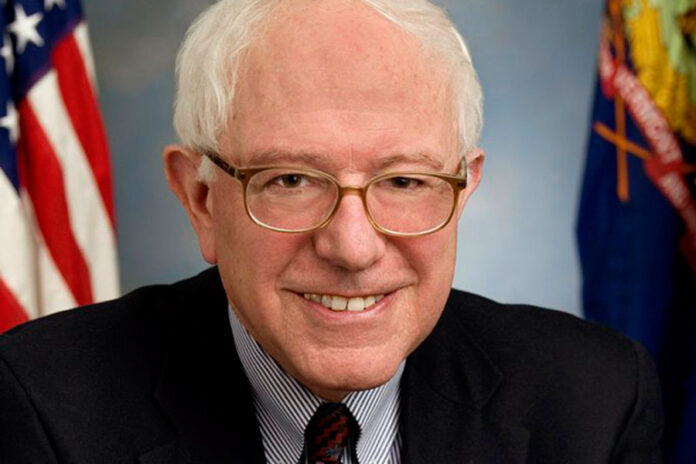
The polling also showed that former Vice President Joe Biden at 16% of the Latino and Hispanic vote, former South Bend, Indiana Mayor Pete Buttigieg at 9%, billionaire activist Tom Steyer with 8% and Massachusetts Sen. Elizabeth Warren with 7%.
By Lauren Victoria Burke, NNPA Newswire Contributor
Sen. Bernie Sanders not only won the Nevada Caucuses and took a commanding lead in the delegate count, he also verified that he can win over Hispanic voters.
Entrance polls in Nevada conducted by NBC News showed that Sanders was way ahead with Latino and Hispanic caucus-goers in Nevada. Polling results showed him with 53% of the vote with that demographic. Sanders won 34 delegates in Nevada.
The Democratic race features seven candidates and the next contest, South Carolina, will reveal who amongst the large field of Democrats will perform well with African American voters.
The polling also showed that former Vice President Joe Biden at 16% of the Latino and Hispanic vote, former South Bend, Indiana Mayor Pete Buttigieg at 9%, billionaire activist Tom Steyer with 8% and Massachusetts Sen. Elizabeth Warren with 7%.
The top three leaders in delegate totals are now Sanders, 28, Buttigieg 22, and Warren 8.
Former Vice President Joe Biden came in a distant second to Sanders in Nevada. But Biden is expected to do well with African American voters in South Carolina. The South Carolina primary is on February 28. Sixty percent of the electorate is African American. If Biden stumbles and doesn’t win the primary, many feel that Sanders will be declared the front runner on the Democratic side as the candidates head into Super Tuesday on March 3. Biden has run for The White House three times and has never won a primary.
Sanders’ results in Nevada may signal that his campaign is making gains in minority communities as his opponents, notably South Bend Mayor Pete Buttigieg, are struggling with African Americans in particular.
The next few weeks of the presidential race are likely to be decisive and result in several candidates dropping out of the race by the second week in March. After South Carolina, Super Tuesday states include California, North Carolina, Virginia and Texas.


